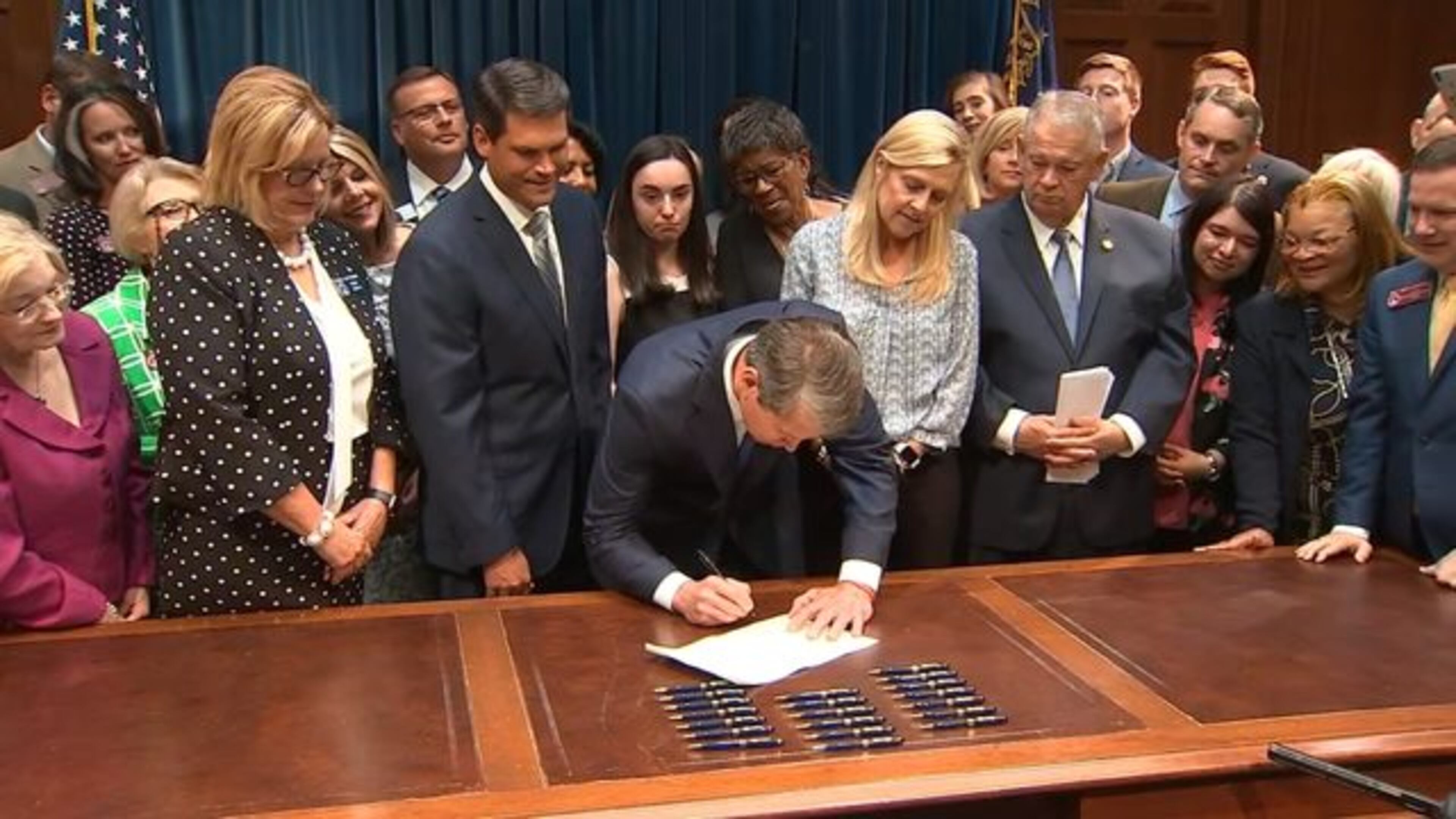Roe v. Wade marks 47th anniversary
Jan. 22 marks the 47th anniversary of Roe v. Wade, a landmark Supreme Court case that ruled in favor of the right to an abortion.
In 1970, a 21-year-old woman from Texas, who used the pseudonym “Jane Roe,” sued District Attorney Henry Wade in Dallas County. She challenged state legislation that outlawed abortion except for cases that endangered the mother’s life. Later that year, the case was escalated to the Supreme Court. The Supreme Court eventually ruled that current state laws took away her constitutional right to privacy. They came to a 7-2 decision in favor of Roe on Jan. 22, 1973.
According to Planned Parenthood,
"In Roe, the Supreme Court found that a woman's right to make her own decisions about her pregnancy deserves the highest level of constitutional protection. The court also recognized that the right to privacy is not absolute and that a state has valid interests in safeguarding maternal health and protecting potential life. A state may — but is not required to — prohibit abortion after viability, except when it is necessary to protect a woman's life or health."

The applications of Roe v. Wade on the state level have been in flux ever since the ruling, and women’s rights remain a relevant topic in the upcoming elections.
President Donald Trump gained the backing of religious conservatives after he promised during a Fox News interview in 2016 to appoint a pro-life Supreme Court justice.
He had the opportunity in 2018, when he nominated Brett Kavanaugh to replace retiring Justice Anthony Kennedy.
"I am not sure that all legal scholars refer to Roe as the settled law of the land at the Supreme Court level since Court can always overrule its precedent," Kavanaugh wrote in a 2003 memo. He thought that many conservative justices "would do so."
Women across the country responded to Trump’s election by marching in the nation’s capital on the first day of Trump’s presidency in 2017. They have done so annually ever since.
The most recent march Jan. 18 drew protesters from 70 cities, including Atlanta, to Washington for the event.
We rose up today to demand our elected officials step up and join us in building a just, bold vision for our country where climate justice, reproductive freedom, and immigrants’ rights are not up for debate. And it was powerful. #WomensMarch2020 #WomenRising
— Women's March (@womensmarch) January 18, 2020
📸: @KishaBari pic.twitter.com/6lj5W6fr4I
Reproductive rights have been a key issue on the agenda for the Women’s March.
"We believe all people should have access to safe, legal, affordable, comprehensive reproductive healthcare, including birth control and abortion," reads one of the Unity Principles on the Women's March website. "We do not accept any federal, state or local rollbacks, cuts or restrictions on our ability to access quality reproductive healthcare services."
Despite the protesters’ cry, many cases limiting access to abortions are being passed at a state level or are under review at higher courts.
On May 7, 2019, Georgia Gov. Brian Kemp signed a "heartbeat bill," which prevents access to abortions once doctors can detect a fetal heartbeat, as early as six to eight weeks of pregnancy. Georgia is one of nine states with a heartbeat bill. The American Civil Liberties Union and Planned Parenthood challenged the bill, which was later blocked by U.S. District Judge Steve Jones.

The Supreme Court is reviewing June Medical Services LLC v. Gee, a case dealing with Louisiana state laws related to abortion practices. Pending the court's decision, the ruling could limit the number of doctors able to perform abortions to one per state due to increased requirements.
Expect the precedent set by Roe v. Wade 47 years ago to continue as a factor in the 2020 presidential race.
»RELATED: Loeffler backs anti-abortion, pro-Trump measures during first week in office

